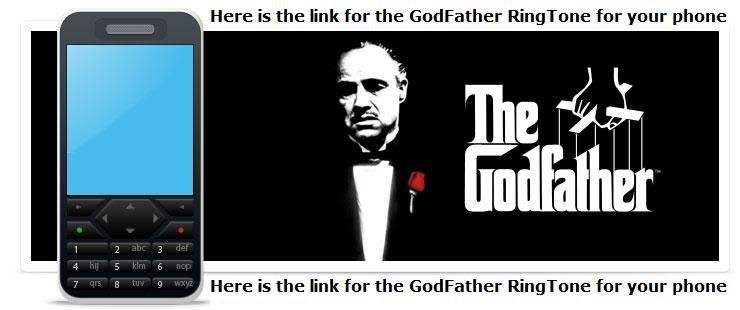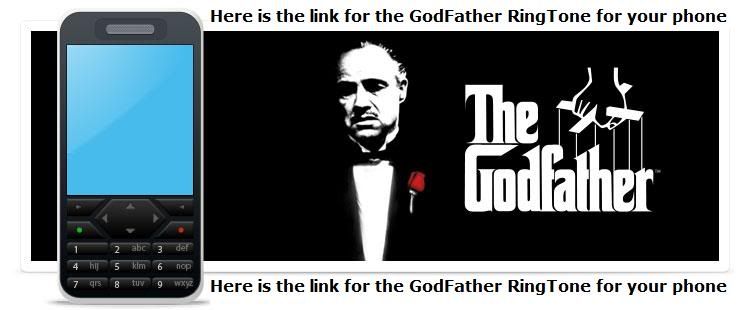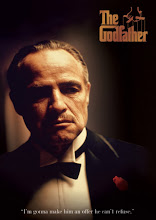In 1969, an obscure middle-aged novelist and pulp magazine journalist named Mario Gianluigi Puzo hit the literary jackpot. He wrote "The Godfather," he later told Larry King, "to make money." By his own admission, it wasn't well written. "If I'd known so many people were going to read it," he famously said, "I'd have written it better."
How many people have read it? It can be said with some certainty that having sold between 20 million and 30 million copies, "The Godfather" is one of the best-selling books of all time. By most yardsticks, it is one of the top 10 best-selling works of American fiction. Four decades later, it's still selling, in a paperback edition from the New American Library.
The reasons for its enduring popularity aren't easy to pin down. Of course, Francis Ford Coppola's masterpieces, "The Godfather" and "The Godfather, Part II," brought a swarm of new readers, but the book had already sold millions of copies before the first film was released in 1972.
Those who read the novel today in search of a greater appreciation of the movies are bound to be disappointed; it quickly becomes apparent the book's success isn't based on literary merit. The late 1960s were the peak period of "novelizations"—easy-reading books aimed at fans of popular movies. Puzo, along with Michael Crichton, Peter Benchley and John Grisham, helped usher in an era when the novelization would precede, not follow, the film. Puzo had previously written critically praised but virtually unread novels about the Italian-American experience, most notably "The Fortunate Pilgrim"; with "The Godfather," he went from being a novelist to a novelizationist.
Wilfrid Sheed correctly described the prose of "The Godfather" as "speed writing clichés." One searches the novel in vain for the verbal poetry in the films, lines such as "Luca Brasi sleeps with the fishes" and "Leave the gun, take the cannolis." And yet, as the New Yorker's Pauline Kael noted in her review of the film, "There was a Promethean spark in Puzo's trash." What exactly was that spark?
Gay Talese, whose "Honor Thy Father" is perhaps the classic nonfiction book about the Italian mob, thinks it can be summed up in four syllables: "La famiglia." A friend of Puzo until his death in 1999, Mr. Talese says: "Mario didn't know much about organized crime, but he certainly knew how to depict an Italian family. Take away the gambling and the murder, and it's pretty much a straightforward story about how Italian-American families were assimilated into American culture." George De Stefano's "An Offer We Can't Refuse: The Mafia in the Mind of America" examines, among other things, the impact of "The Godfather" and how it reflects Italian-Americans. He says that "we saw our families in that book, and, for the first time, a great many Americans saw us. It wasn't a pretty image, or a tranquil one, but it was never dull, and it was new to most people."
Italian-American gangsters were a part of our popular culture long before Puzo's novel. "But it was Puzo's genius to turn them into family men," says Maria Laurino, author of "Old World Daughter, New World Mother: An Education in Love and Freedom." "All those elaborate passages in 'The Godfather' which describe the family patriarch presiding over weddings and baptisms and then ordering murders gave a new dimension to the image of the Italian father," Ms. Laurino notes. "Movies had always shown the murders but never told us that these men had daughters and godchildren."
The popularity of Puzo's novel caught America by surprise because it seemed to go against the grain of everything that was dominating the news of the time: the assassinations of Martin Luther King Jr. and Bobby Kennedy, Woodstock, Altamont, the moon landing, the Vietnam War. "In times of such social upheaval, who cared about the fortunes of a family of Italian-American immigrants?" asks Mr. Talese. As it turned out, just about everybody did. "I think there was a lot of unrest about the dissolution of the American family, and many Americans of other backgrounds were fascinated by the idea that they would kill to uphold their family values and traditions—appalled, but fascinated. Mario touched a nerve that most Americans didn't realize was even there."
Italian-Americans have always been ambivalent about "The Godfather." While the book and the films made it hip to have a name that ended in a vowel, there were many who wanted to consign Puzo to the lowest circle of Dante's Inferno for forever labeling organized crime as Italian. Historians of the early mob point out such names as Arnold Rothstein, Owney Madden, Meyer Lansky, Dion O'Bannon, Dutch Schultz (aka Arthur Flegenheimer) and Jack "Legs" Diamond, but in Puzo's novel, crime is treated as "La Cosa Nostra"—our thing.
If he isn't burning for that, Puzo is surely doing time in the Purgatorio for suggesting that Frank Sinatra owed his success to the Mafia. One horse's head in a movie producer's bed, and Puzo's Sinatra stand-in, Johnny Fontane, "went on to become the greatest singing sensation in the country." As if the greatest singer of popular standards in American music needed a godfather to put a gun to the collective heads of record buyers.
Perhaps, though, Puzo deserves a suspended sentence for his contribution to film rather than literature. The enormous success of the book poses an interesting question: Why didn't the descendants of Dante produce more first-rate writers in this country? The likely answer is that the grandparents of the great Italian-American film directors—Mr. Coppola, Martin Scorsese, Brian DePalma, Michael Cimino, Quentin Tarantino and others—came here unable to speak a new language and illiterate even in their native tongue. The younger generation found a new medium to turn the pulp of Mafia legend into art.
If Puzo wasn't a genius, he at least found a way to inspire genius. One might call him the Godfather of Italian-American film.
Do you think Mr Obama deserved the Nobel Peace Prize?
The GodFather Video
iPhone / iPhone 3G / iPhone 3Gs Stereo Handsfree Headset EarPhones HeadPhones
Sunday, October 18, 2009
Subscribe to:
Post Comments (Atom)





No comments:
Post a Comment